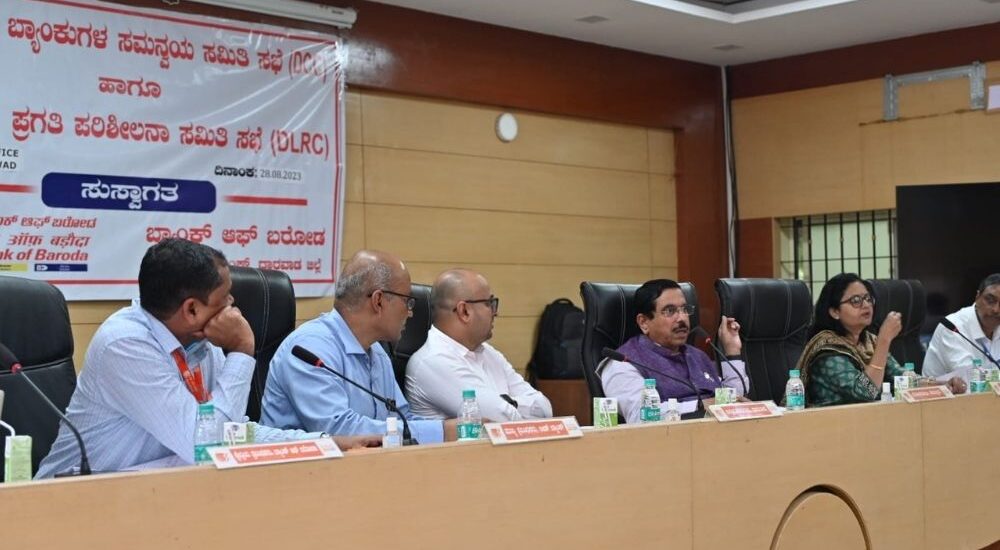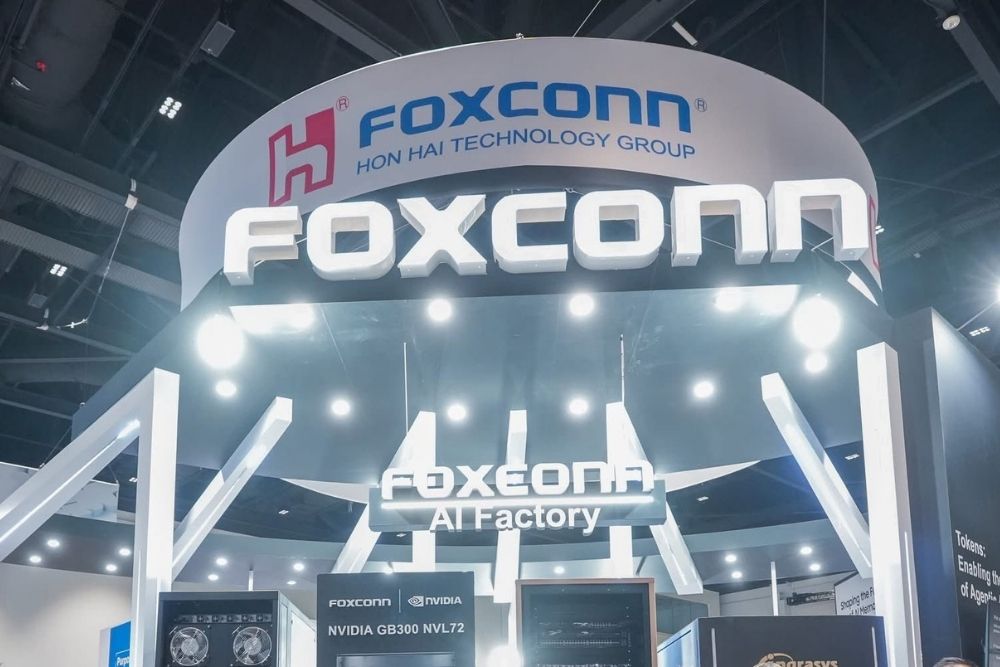India set to auction around 100 critical mineral blocks
- August 30, 2023
- Posted by: Quatro Strategies
- Categories: India, Mining & Metals, Rare Earths & Commodities

India is gearing up to auction around 100 critical mineral blocks within the next four months as part of its strategy to secure domestic supplies of essential raw materials required for the green energy transition. These mineral blocks include resources like nickel, lithium, cobalt, platinum, and rare earths. The objective is to support India’s goal of becoming a significant hub for battery and electric vehicle manufacturing, aiding its path to achieve a net-zero target.
Mines Secretary Vivek Bharadwaj mentioned that the legal framework for the auction has been established, and the blocks to be auctioned have been identified. The tender seeking bids is expected to be released by December, with auctions starting about three months later.
India currently doesn’t mine certain critical minerals such as lithium, cobalt, and nickel domestically. To encourage both global and local miners to participate in the auction process, the government is planning to provide half the cost of exploration as reimbursement. Companies that win the bids may require around three years to develop and begin operations in these mines.
The recent changes to India’s mining rules, which allow private miners to explore for critical minerals like lithium, are expected to play a crucial role in facilitating the auction of these mineral blocks. This will especially impact the auction of lithium blocks in regions like Jammu and Kashmir and Karnataka.
State-run companies and energy giants like Coal India Ltd. and NTPC Ltd. are actively exploring opportunities for mining these essential minerals. Additionally, a government-owned joint venture called Khanij Bidesh India Ltd. has been formed to purchase critical mineral assets overseas, primarily in regions such as Australia and South America. These efforts reflect India’s determination to ensure a secure supply of vital resources for its ambitious renewable energy and electric vehicle plans.
Interested in learning more?
Sign up for Top Insights Today

Top Insights Today delivers the latest insights straight to your inbox.
You will get daily industry insights on
Oil & Gas, Rare Earths & Commodities, Mining & Metals, EVs & Battery Technology, ESG & Renewable Energy, AI & Semiconductors, Aerospace & Defense, Sanctions & Regulation, Business & Politics.


